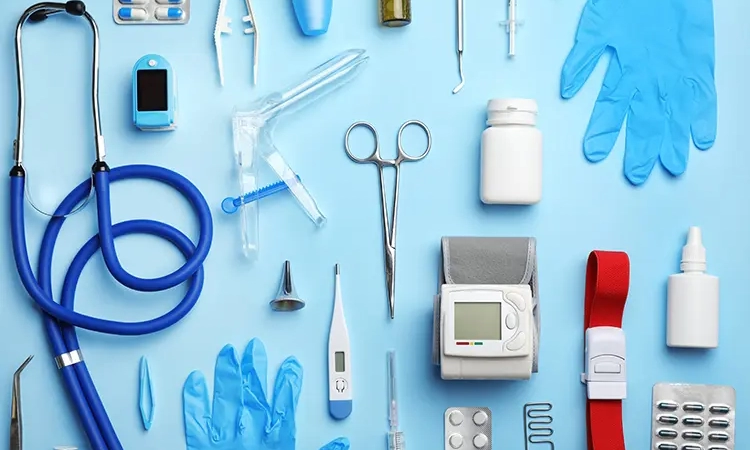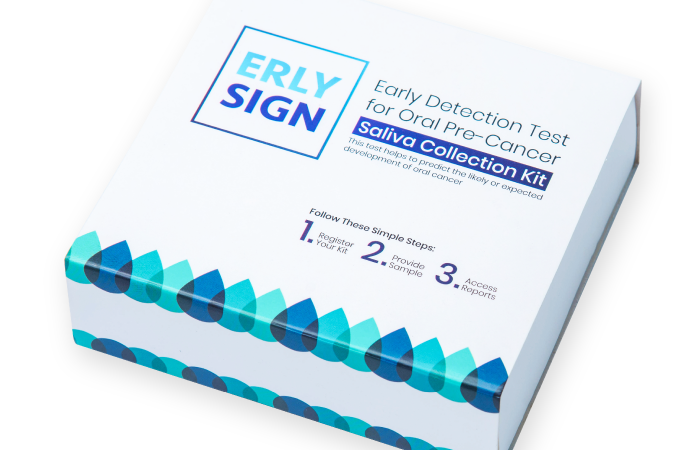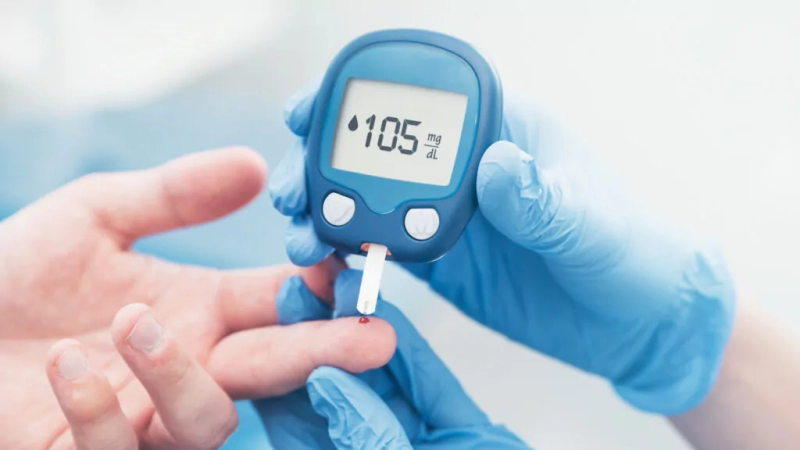Central Board of Excise and Customs (CBEC) is taking steps to go paperless and move completely integrated customs system for facilitating documentation and fast-tracking clearances of consignments to make imports easier from next year.
S K Vimalanathan (Additional Director General – Customs) said, in next 6 months CBEC is planning to go completely electronic for Customs clearance by doing away with requirement of any physical documents to create a web repository and also the document processing time will be down to less than 10 seconds over 10 minutes now. Still importers to show physical copies of various documents like analytical certificates for that CBEC is working on enabling importers to scan and upload those documents in a PDF format and this will be made available to Customs officer as a link.
Under SWIFT mechanism CBEC is planning to rope in more government agencies, which replaces 9 separate documents with single common electronic declaration. On April 1, Central Board of Excise and Customs (CBEC) had launched a single-point interface SWIFT for reducing the dwell time and about 10 lakhs documents have been processed till June 1, 2016
CBEC has substantially brought down the documentation requirements and now importer is required to file only 3 documents at the time of Bill of Entry. Earlier, importers had to file 18 such documents.
- Declaration of Goods
- Invoice
- packing list
Chief Commissioner (Customs) Rajeev Tandon said, we are working on non-intrusive ways for clearance of goods and talking to more agencies to come under the SWIFT platform for ensuring faster clearance of goods. It will float a request for proposal within 3 months inviting IT companies to integrate the customs system.
Wild life controller bureau, Food Safety and Standards Authority of India (FSSAI), plant and animal quarantine, drug controller and textiles committee are the 6 government agencies SWIFT brings the clearance mechanism on a single platform. Need for importers to interact with these agencies separately has been eliminated. In case of notified medical devices, IVDs or cosmetics imports, an valid registration certificate and an import license would be essential for clearance. The Morulaa blog section(category: CDSCO) gives you an understanding of how to get these licenses and their document requirements.
Customs officials can single out suspicious cargo based risk parameters like items, country of origin and importer’s track record through a process called RMS. Custom officials no need to carry out cargo manual checks on each time.
Other News
India Medical Device Pricing Strategy: Ensuring Growth & Affordability
India’s National Pharmaceutical Pricing Authority (NPPA) is developing a specialized India medical device pricing strategy for medical devices, transitioning away from the conventional drug-centric framework. This innovative strategy will incorporate international pricing tactics tailored to […]
Read MoreImports of High-Value Medical Equipment
High-Value Medical Equipment The Central Drugs Standard Control Organization (CDSCO) and the Central Board of Indirect Taxes & Customs have released a new circular, “F.No.401/40/2021-Cus.III,” detailing updated policies on the import of used high-end medical […]
Read MoreSEC Committee: Pioneering Medical Approvals
New important article released by Central Drugs Standard Control Organization (CDSCO) titled “SEC – Special Expert Committee, Medical Devices”. Key highlights include the streamlined processes for CDSCO application evaluations, preparation and significance of briefing materials, […]
Read MoreErlySign Oral Cancer Detection Technology Gets CDSCO Nod
ErlySign, a Nagpur-based biotech startup, has received approval from the Central Drugs Standard Control Organization (CDSCO) to conduct large-scale clinical trials for its novel oral cancer detection technology. The approval for ErlySign follows a rigorous […]
Read MoreAdditional Steps Announced by FDA to Modernize Clinical Trials
The U.S. Food and Drug Administration has made draft guidance available with updated recommendations for good clinical practices (GCPs), which are intended to modernize the clinical trial design and conduct while maintaining data integrity and […]
Read MoreAccreditation and Registration Numbers for Foreign Manufacturers Publication by PMDA
This article deals In accordance with the Pharmaceuticals and Medical Devices Act (PMD Act) of Japan, foreign businesses that wish to produce pharmaceuticals, quackery products, active pharmaceutical ingredients (APIs), or medical devices abroad and import […]
Read MoreBSI New Certification to Mitigate Antimicrobial Resistance Risk in Antibiotic Manufacturing
BSI, the business improvement and standards company, has developed a new certification to mitigate the risk of antimicrobial resistance (AMR) in antibiotic manufacturing. The certification, called the Minimized Risk of Antimicrobial Resistance (AMR) certification, will […]
Read MoreTUV SUD Inspects IVD Medical Devices’ Cyber Security
The growing digital connectivity of medical infrastructure is resulting in complicated systems with a plethora of diverse interfaces that are potentially vulnerable to assault. The IVD requires producers to provide proof of cyber security before […]
Read More


